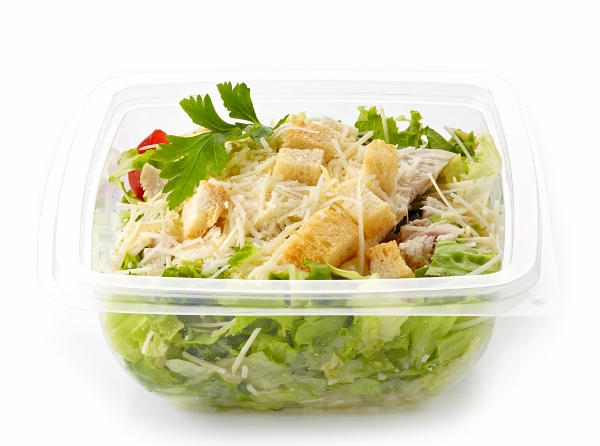We’ve all been there. You’re walking down the aisles of the grocery and can’t help but notice the call outs on products. Low fat! Multigrain! Full of vitamins!
How true are these labels?
Courtney McCormick, Corporate Dietitian at Nutrisystem, says some might be too good to be true and encourages you to avoid these six “healthy” foods.
1. Low-fat snacks
Studies at Cornell have found that we tend to eat 50 percent more of foods labeled “low fat” than the regular version of the product. Scientists call this “the halo effect,” because eating things we perceive as healthy makes us feel virtuous. Also, many low-fat foods tend to have more sugar to compensate for the lack of fat, which adds flavor. Stick to natural low-fat snacks, such as fruits and veggies. Or, if you’re opting for low-fat, be very mindful of your portion sizes. Just because a snack is low-fat doesn’t mean you can eat the whole box.
2. Reduced-fat peanut butter
Not all fat is bad for you. While peanut butter is high in fat calories, it’s chock full of monounsaturated fats, which are good for your heart. And if you read the labels, there’s not a big difference in calories between reduced and full-fat peanut butter. You’re better off looking for reduced or no-sugar (natural) peanut butter which usually has less salt as well as sugar, better for your heart and to lower your risk of type 2 diabetes.
3. Multigrain bread
Sounds healthy, doesn’t it? But multigrain bread may be no healthier than white bread. Both are made with refined grains—with the fiber removed—it’s just that the multigrain bread includes more than one kind of refined grain than plain old white bread. Check the label of your bread and look for the words “whole grain” or “whole wheat,” or “whole grain flour.” That’s the really healthy bread, chock full of filling fiber. Look for three grams of fiber or more per serving.
4. Fast food salads
Yes, veggies are good for you, but many fast food salads have more calories, fat and sodium than the burgers because of all the add-ons, like cheese, meat and heavy dressings. Opt for the healthier choices in your fast food salad to ensure you are making a smarter choice. Choose grilled chicken over crispy or fried chicken in your salad, leave off the croutons and cheese, and try using only half of the salad dressing packet.
5. Vitamin-enhanced water
This water, while it does contain vitamins, is often loaded with added sugar. The difference between vitamin-enhanced water and soda? Just the lack of bubbles. Get your vitamins and minerals from real food.
6. Veggie chips
In most cases, veggies chips are not that much better for you than regular potato chips. Vitamins A and C found in vegetables are lost in the processing of veggie chips, which means they also lose their nutritional value. What’s more, they are often high in fat, calories and sodium.
Also Read:
Dieters Duped by Misleading Labels

